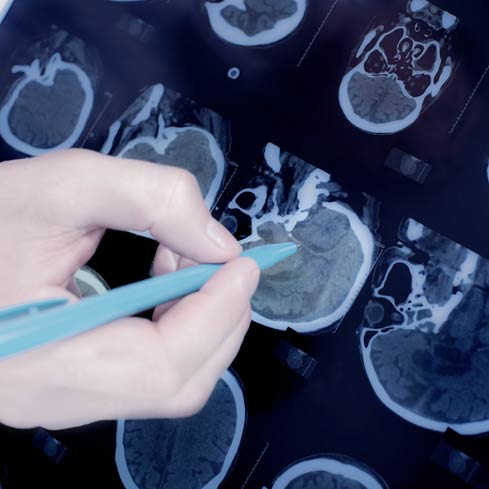The Basics
It is estimated that more than 50 million people are living with epilepsy around the world. The word ‘epilepsy’ is derived from the Greek word meaning ‘to be seized, to be overwhelmed by surprise’. To have epilepsy is to have a tendency to have recurring seizures. Anyone can have a seizure, if the brain is exposed to a strong enough stimulus. It is not necessarily a life-long diagnosis. And doctors may consider that you no longer have epilepsy if you go without seizures for a long enough time.
Seizures
Electrical activity is happening in our brain all the time. A seizure happens when there is a sudden burst of intense electrical activity in the brain. This is often referred to as epileptic activity. The epileptic activity causes a temporary disruption to the way the brain normally works, so the brain’s messages become mixed up.
The brain is responsible for all the functions of your body. What happens to you during a seizure will depend on where in your brain the epileptic activity begins, and how widely and quickly it spreads. For this reason, there are many different types of seizure, and each person will experience epilepsy in a way that is unique to them.


Causes
There are many types of epilepsy. Some types start when you are very young, and some in later life. Some types last for a short time and other types can last for the whole of your life.
Sometimes the reason epilepsy develops is clear. It could be because of brain damage caused by a difficult birth, a severe blow to the head, a stroke, or an infection of the brain such as meningitis. Very occasionally the cause is a brain tumour. In around six out of ten people, doctors don’t know the cause of their epilepsy. For many of these people, it is just part of how they are made that makes them more likely to have a seizure.
Diagnosis
There is no test that can prove that you do or you don’t have epilepsy. Tests such as the electroencephalogram (EEG) – which records brainwave patterns – can give doctors useful information. A diagnosis of epilepsy should be made by a doctor with specialist training in epilepsy.
To make a diagnosis, an epilepsy specialist will use their expert knowledge and look at the information from different tests. They will ask you what happens before, during and after your seizures. They might also want to speak to someone else who has seen your seizures.
Treatment of Epilepsy
Epilepsy is usually treated with epilepsy medicines, often referred to as anti-epileptic drugs (AEDs). Epilepsy medicines act on the brain, trying to reduce seizures or stop seizures from happening. Lots of people with epilepsy find that when they have the right medicine, they have fewer or no seizures.
Other Treatments
If epilepsy medicines do not work for you, there are other treatments that may help, such as:
- Brain surgery
- Vagus nerve stimulation
- The ketogenic diet
- Deep brain stimulation
- Trigeminal nerve stimulation
